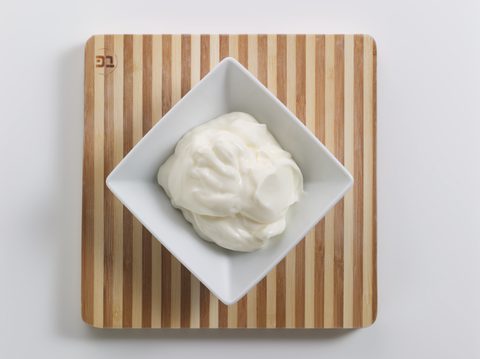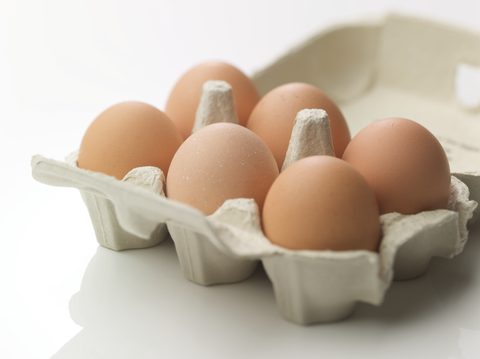

Improving Emulsifying Properties of Eggs
Eggs are a valuable food source providing a natural source of many nutrients including high quality protein, vitamins and minerals, that are essential for healthy body growth and development.
Eggs are a valuable ingredient to the food industry, providing a number of functional properties improving gelation in baked goods like quiches, foaming in meringues, moisture retention in cakes, emulsification of sauces and dressings, and can add nutritional value to dietary bars and health foods.
Proteins and lipids are the main components of eggs and it is the manipulation of these that ingredient manufactures use to provide the functional attributes mentioned above. In fact, it is the presence of a protein called egg lecithin that make eggs suitable as an emulsifying agent. Emulsifiers are very important to the food industry they are used e.g. in baking and in particular cakes, to condition doughs and batters by strengthening the protein structure, reducing surface tension, and increasing aeration all of which contribute to a better rise, improved texture, and shelf-life of the final product.
Another major use of egg yolk as an emulsifier is in the production of emulsions such as mayonnaise, salad dressing, sauces like hollandaise and ice cream. Egg yolk is a complex oil water emulsion itself, composed of 50% water, 32% lipids and 16% protein. Of the lipids, 28% are egg lecithin that are phospholipids: the building blocks of cell membranes. These contain both a hydrophilic head (water loving) and hydrophobic (oil loving) tail making them perfect to act as an emulsifier. When egg yolk is added to an oil and water mix it is the phospholipids that surround the oil droplets reducing the surface tension between the oil and water, which increases the stability of the emulsion and stops them separating out.
As we have stated above egg yolk is very capable of making these sauces and emulsions in our kitchens and at a small scale, but at commercial scale there are added complications, such as pasteurisation. During the manufacturing process heat will denature the egg yolk reducing its functional properties. Enzymes can be used as a pre-treatment on the egg yolk making them more stable as well as increasing their emulsion potential.

Phospholipase A2 (PLA2) is an enzyme that modifies the phospholipid present in egg yolk by hydrolysing the fatty acid in the molecule to produce lysophospholipids. Structural modification of the phospholipid using a phospholipase a2 enhances the egg yolks emulsification properties without impacting its taste, appearance or nutritional value. This means products such as mayonnaise that are manufactured using enzyme-modified egg yolk have a much more stable structure, a greater body and viscosity, and are heat-resistant enabling them to withstand heat treatment during processing and final pasteurisation treatment.
We offer microbial versions of PLA2; Lipomod® 833L2, respectively. This means that whether you are looking for cost effective enzymes to make mayonnaise or want to produce Kosher and Halal certified and vegetarian emulsions, sauces, or ice creams we have the solution to fit your needs.